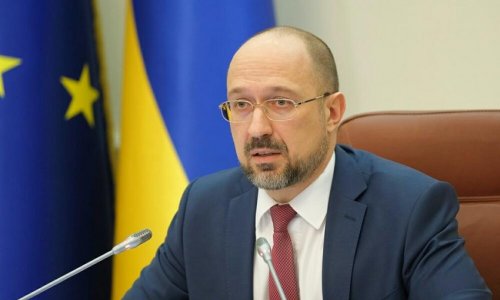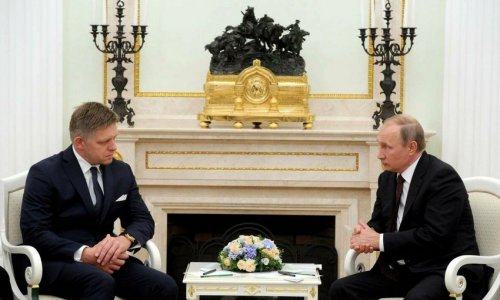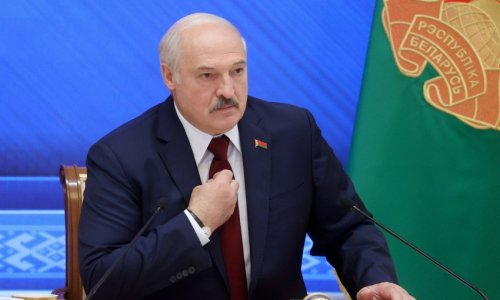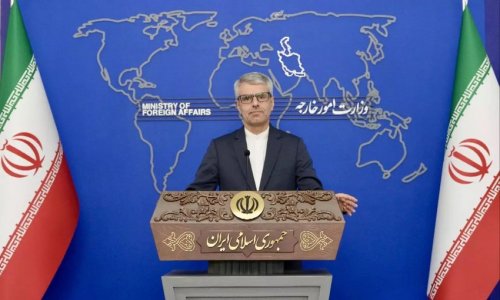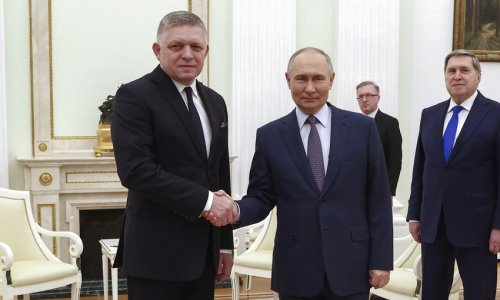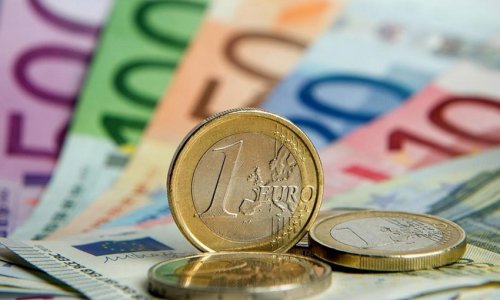The West has so far refrained from "sectoral sanctions", also known as Level Three sanctions, that would target entire sectors of Russia's economy. As a result, companies in Russia's crucial energy sector can still do business with Western partners, but they will probably find it harder to get Western loans.What will be the scope of new EU sanctions?The EU is planning to expand its list of Russian officials, businessmen and entities under asset freezes and travel bans.Its targets will be those considered "materially or financially supporting actions undermining or threatening Ukraine's sovereignty, territorial integrity and independence".The list of names will be released by the end of July. It means the EU will probably follow the US lead in targeting more individuals in President Vladimir Putin's inner circle, as well as some major companies.Previously the EU has focused on individuals and a handful of entities directly linked to the Russian annexation of Crimea and the separatist uprising in eastern Ukraine.The most senior Russian official targeted by the EU so far is Vyacheslav Volodin, the Kremlin deputy chief of staff. He is also on the US list. Some top Russian generals are also under EU sanctions now.The EU is also considering whether to impose an arms embargo on Russia. UK Prime Minister David Cameron is pushing for that now. There has been much criticism of France's decision to go ahead with the sale of two Mistral helicopter carriers to Russia. On 21 July France said it could halt delivery of the second warship, depending on Moscow's attitude over Ukraine.What has the US done?The US sanctions affect powerful people close to President Putin - some of Russia's richest businessmen.Among them is Gennady Timchenko, a founder of the commodity trading firm Gunvor. He owns Volga Group, an investment firm with stakes in energy, transport and infrastructure, including Novatek, Russia's second biggest gas producer.Igor Sechin is another big name on the US list. He is a former intelligence officer and long-term ally of Mr Putin, the most prominent of the "siloviki" ("tough guys") who influence Kremlin policy.Mr Sechin is chairman of the huge state-owned oil firm Rosneft, which has energy partnerships with ExxonMobil and the UK's BP.Last week the US expanded its list to include more Russian businesses - including Rosneft and Novatek - as well as Gazprombank, part of the Gazprom state conglomerate. A Russian state bank dating back to the Soviet era - Vnesheconombank - is also on the list.The famous Kalashnikov arms firm is there too, as are the unrecognised, self-styled "people's republics" established by the separatists in Ukraine's Donetsk and Luhansk regions.Do any of these measures really hurt the Russian economy?The sanctions send a strong signal to Mr Putin and his powerful allies in business and politics.The banks and energy companies listed will find it harder to access US capital markets.And the Western travel bans may hurt Mr Putin's rich and well-connected friends, though the asset freezes may affect them less. London is a popular haunt for Russia's business elite, many of whom have bought expensive properties in Britain.The EU does much more business with Russia than the US does, so the narrower scope of the EU sanctions reduces the overall impact.But observers say the sanctions are potentially grim for a Russian economy that has slumped this year. After years when Russia was buoyed by oil income the economy is now facing weaker direct investment and soaring capital flight.Capital worth $75bn (£44bn) has left Russia so far this year - a much higher rate of haemorrhage than last year.Russia is teetering on the brink of recession. The economy grew just 1.3% last year and did not grow at all between April and June.What could the EU lose from worse business ties?Some EU countries will feel the impact more than others. Russia has become a booming market for Western consumer goods in the past decade.Germany appears especially reluctant to ratchet up sanctions. That is not surprising, as German exports to Russia totalled 38bn euros (£30bn; $51bn) in 2013 - the highest in the EU.More importantly, Germany gets more than 30% of its oil and gas from Russia. The Netherlands and Italy are also highly dependent on Russian energy and some of Russia's former Soviet bloc neighbours rely 100% on its gas deliveries.The EU's trade with Russia - worth nearly 270bn euros in 2012 - dwarfs US-Russia trade.(BBC)Bakudaily.az
How far do EU-US sanctions on Russia go?
World
17:30 | 22.07.2014
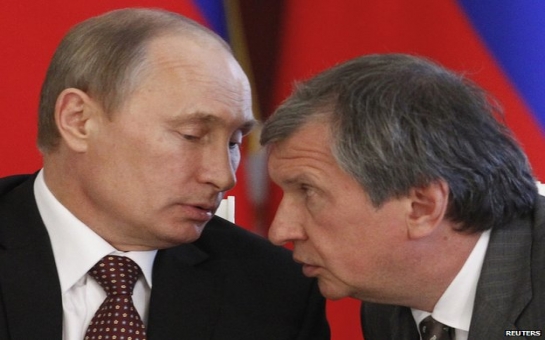
How far do EU-US sanctions on Russia go?
The EU is preparing further sanctions against Russia for backing Ukraine's separatists, who are accused by the West of shooting down a Malaysia Airlines passenger plane.
Follow us !

